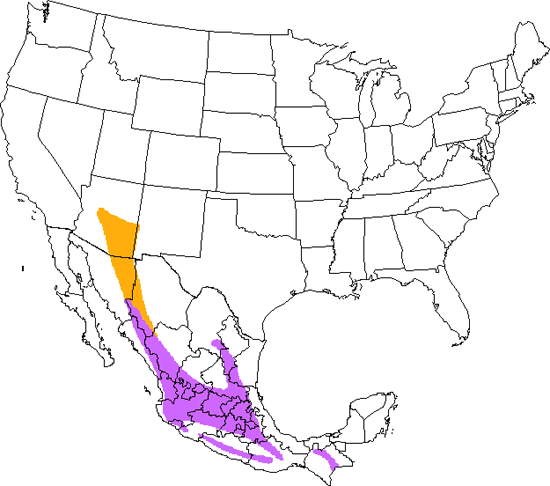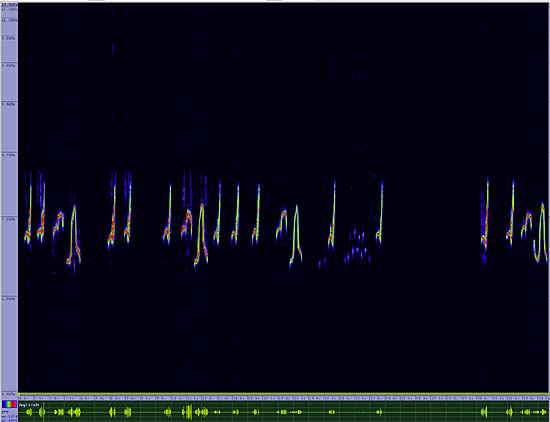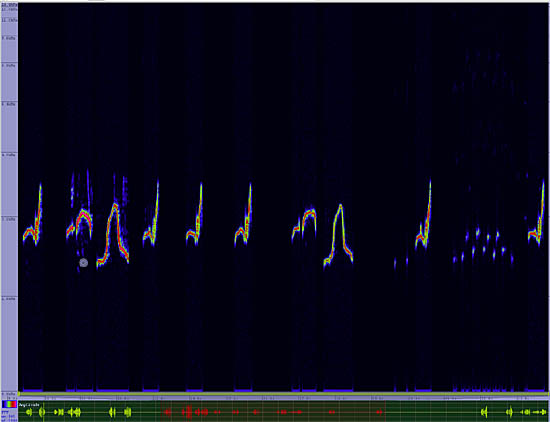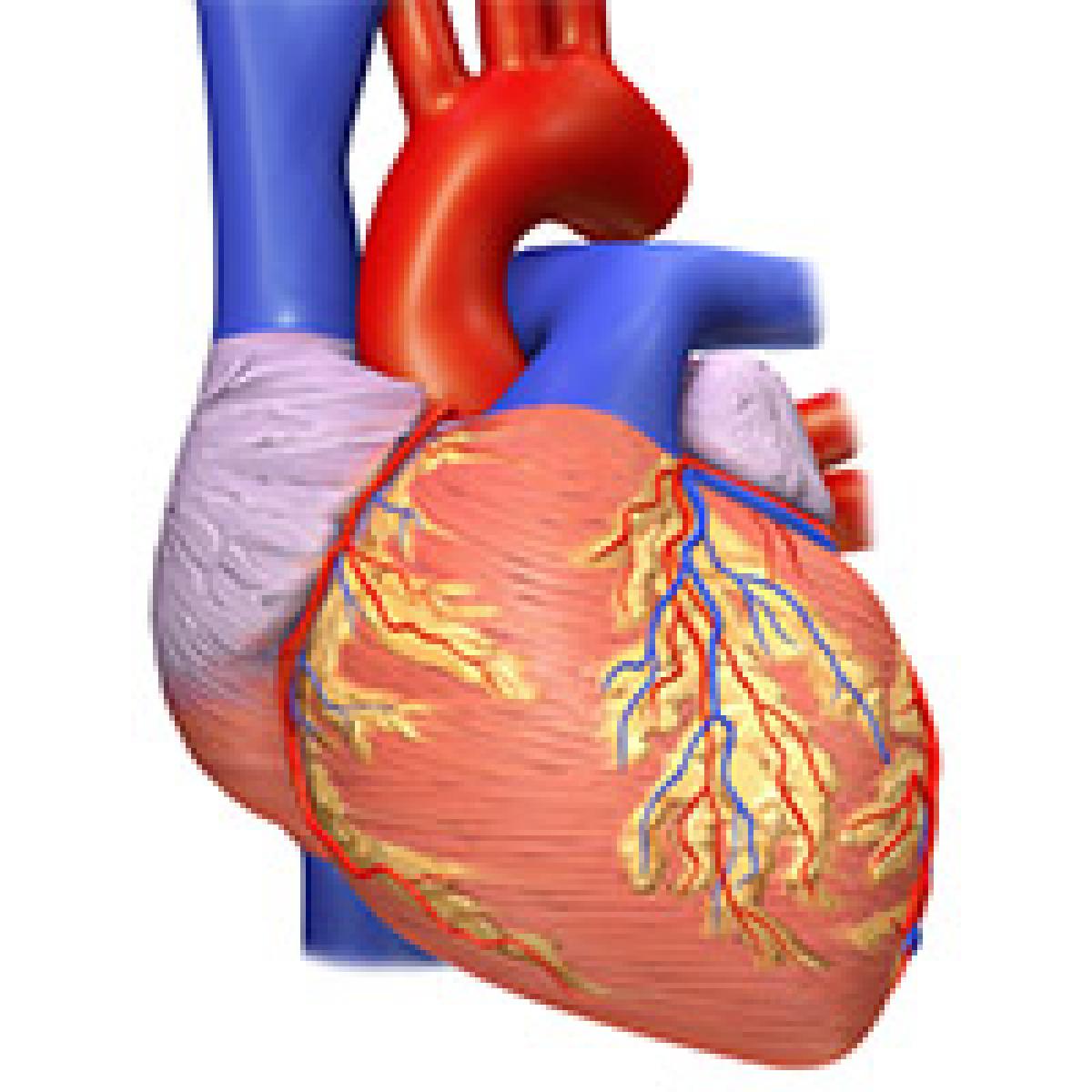Greater Pewee
Contopus pertinax

Perching
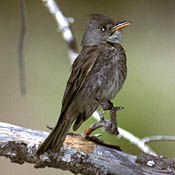
Length: 8 in. (20 cm )
A mountain dwelling species, the Greater Pewee prefers coniferous forest and pine-oak woodlands. Here it sits on exposed branches at mid to high levels in the trees and constantly moves its head around searching for flying insects. When one flies by, the flycatcher sallies out, often long distances, to snatch the morsel from the air and then returns to the same or neighboring branch to wait for the next victim. Its cup nest is positioned high on a horizontal branch and consists of hair, fur and feathers.\r\n
The four-digit banding code is GRPE.
Bibliographic details:
- Article: Greater Pewee
- Author(s): Dr. Biology
- Publisher: Arizona State University School of Life Sciences Ask A Biologist
- Site name: ASU - Ask A Biologist
- Date published: 13 Jul, 2017
- Date accessed: 22 August, 2025
- Link: https://askabiologist.asu.edu/activities/bird/greater-pewee
APA Style
Dr. Biology. (Thu, 07/13/2017 - 15:37). Greater Pewee. ASU - Ask A Biologist. Retrieved from https://askabiologist.asu.edu/activities/bird/greater-pewee
Chicago Manual of Style
Dr. Biology. "Greater Pewee". ASU - Ask A Biologist. 13 Jul 2017. https://askabiologist.asu.edu/activities/bird/greater-pewee
MLA 2017 Style
Dr. Biology. "Greater Pewee". ASU - Ask A Biologist. 13 Jul 2017. ASU - Ask A Biologist, Web. https://askabiologist.asu.edu/activities/bird/greater-pewee
Be Part of
Ask A Biologist
By volunteering, or simply sending us feedback on the site. Scientists, teachers, writers, illustrators, and translators are all important to the program. If you are interested in helping with the website we have a Volunteers page to get the process started.



